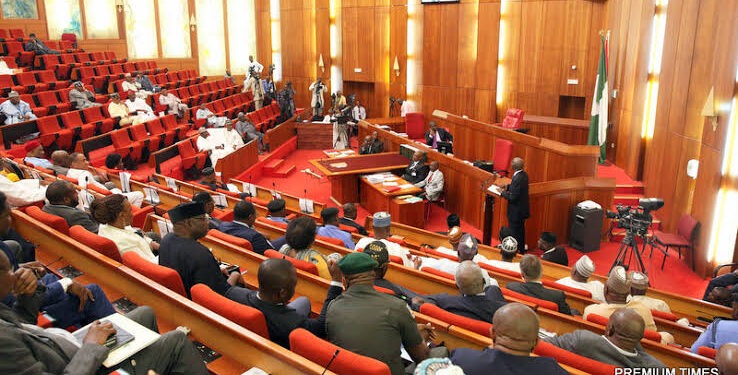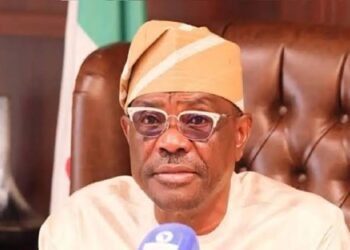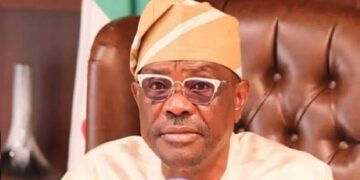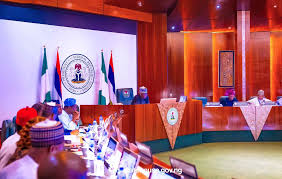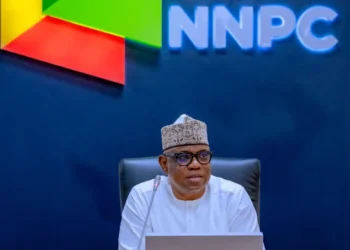On Thursday, the Local Automobile Industry Patronage Bill, 2025, scaled second reading in the Senate.
This followed the presentation of the lead debate on the general principles of the bill by the sponsor, Patrick Ndubueze (APC-Imo).
Leading the debate, Mr Ndubueze said that the bill sought to make it mandatory for ministries, departments and agencies to prioritise local manufacturers and indigenous companies in procuring goods and services.
“And to prohibit the exclusion of locally produced goods in the procurement process and for related matters,” he said.
Mr Ndubueze said that any country that aims to achieve steady economic growth and development must have a policy that encourages and provides a framework for local production.
“It is also important that goods and services are produced locally as its ripple effect is a reduction in imports and a rise in exports (Balance of trade),” the lawmaker noted.
He, however, said that unfortunately, over the years, the country failed to institutionalise the use of indigenous products, brands, and services in Nigeria and instead glorified foreign goods of no particular superior quality.
“One of the biggest expenses of both the public and civil service is the procurement of foreign automobiles,” he said.
Mr Ndubueze said it was the firm belief that rescuing the naira must begin with the adoption of more sustainable economic practices.
“The first of which must be the institutionalisation of buying made-in-Nigeria vehicles,” he noted.
Contributing, Senate chief whip Mohammed Monguno said the use and patronage of made-in-Nigeria products would promote local industries with all the attendant effect of creating more employment and “growing our gross domestic product.
Mr Monguno said, “Mr President, if I can refresh your memory, about a week ago, the Federal Executive Council passed a resolution to the effect that Nigerians should patronise made-in-Nigeria goods.
“That all ministries, departments and agencies of government were equally directed to patronise made-in-Nigeria goods in order to promote local industries.”
He added that what the bill sought to do was essentially to give the needed tools to the resolution of FEC, “so that the resolution is done through an Executive fiat.”
(NAN)


